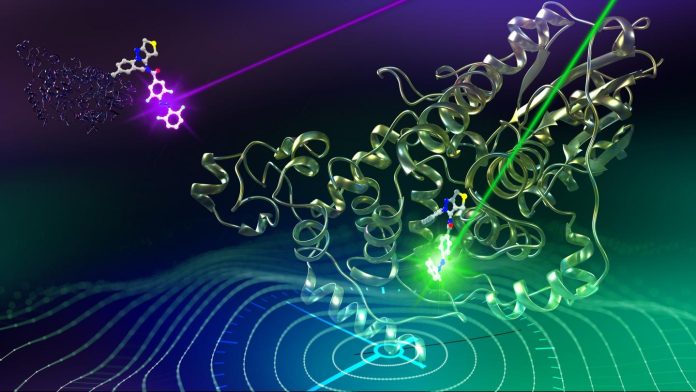Dr. David Bechtold from the University of Manchester and his team reported the discovery of a new chemical involved in the circadian clock that is capable of being manipulated and in essence used to reset the circadian rhythm of the body in the edition of the journal Current Biology.
The enzyme casein kinase 1 epsilon was found to control how fast the body’s clock can be reset based on light and temperature cues in mice. The researcher found that mice that lacked the enzyme casein kinase 1 epsilon were able to shift to a new routine of light and dark much easier and with less detrimental health problems than mice that had the enzyme.
Casein kinase 1 epsilon inhibitors that are considered safe for humans already exist. This means that the researchers have found a natural chemical method of dealing with the increased potential for heart disease, obesity, chronic inflammation, and diabetes that has been documented to be produced by shift work, jet lag, and insomnia.
The body’s clock cannot be controlled genetically. The researchers do not foresee any genetic modification that can adapt every cell in the human body to shift work or some other time change that produces a misdirection of the normal day to night system in the circadian rhythm.















